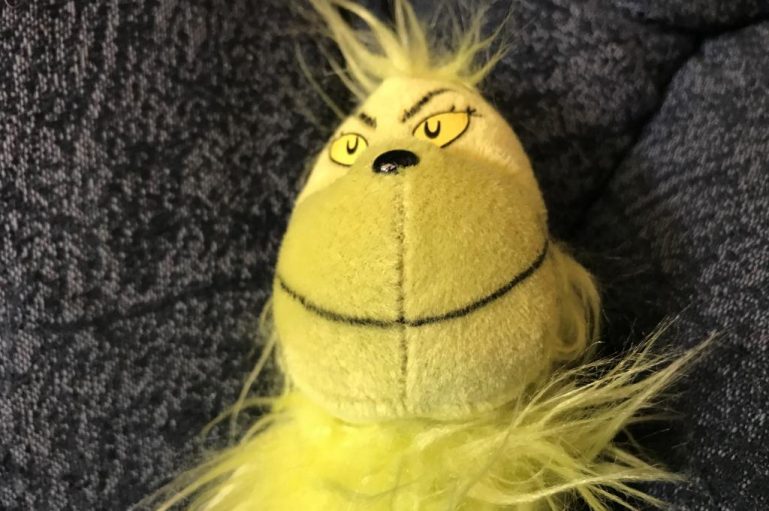Pressure gets to everyone from time to time, often resulting in behaviour that is not aligned to one’s “normal”, known character or disposition. This behaviour irregularity causes confusion in the minds of those closest to you, leaving them frustrated and even upset. This happened to me recently when the family were involved in decorating the house for the festive season celebrations. At this time every year, I tend towards mild depression as I reflect on missed opportunities, perhaps even feeling slightly insecure as the future is contemplated. This pandemic year has exacerbated the phenomenon, causing my mind to go into overdrive and negatively impacting my ability to sleep soundly. The family must have picked up on my feelings and called me the Grinch as a result.
The Grinch is Dr Seuss’ fictional character who starred in Seuss’ 1957 children’s book: “How the Grinch Stole Christmas!” Apparently, the Grinch is depicted as a hairy, pot-bellied, pear-shaped, snub-nosed creature with a cat-like face and a cynical personality. In full-colour adaptations, he is typically coloured avocado green. He has spent the past 53 years living in seclusion on a cliff, overlooking the town of Whoville. In contrast to the cheerful Whos, the Grinch is misanthropic and mean-tempered. The reason for this is a source of speculation; the consensus among the Whos is that he was born with a heart that is “two sizes too small”. He especially hates the Christmas season, making particular note of how disturbing the various noises of Christmas time are to him, including the singing of Christmas carols. Unable to stand the holiday any longer, he decides to destroy it once and for all.
Aided by his pet dog, Max, he disguises himself as Santa Claus and breaks into the Whos’ homes to steal everything they own and dump it off a nearby mountain. Although he pulls off the theft successfully, on Christmas morning, he is shocked to hear the Whos still singing cheerfully, happy simply to have each other. He then realises that the holiday has a deeper meaning that he never considered. Inspired, he stops the Whos’ belongings from falling off the edge of the mountain and, in the process (according to those who speculated upon the size of his heart before), his heart grows three sizes. He returns all the gifts he stole and gladly takes part in the Whos’ Christmas celebration.
Now, the problem with “Grinchism” is that it affects others negatively, whether you want it to or not. The condition puts a dampener on the environment and influences the spirit of the occasion. In base form, the attitude is selfish and inconsiderate. Those suffering from “Grinchism” have hearts “two sizes too small”!
Those who occupy leadership positions need to guard against “Grinchism”, lest they poison the organisational culture. They need to look at:
- Arrogance – “my view is probably the best one”. These leaders need to realise that some of the best ideas in business have originated on the shop floor.
- Selfishness – solely holding on to decision-making, solution formulation, etc. Inclusion and encouraging participation engenders a healthy sense of ownership amongst employees.
- Attitude – grumpiness (all forms of negativity for that matter) never forges sustainable relationships; neither does it develop trust.
- An anti-icon – becoming a wet blanket and thus spoiling organisational fun and celebrations (as the Grinch was anti Christmas celebrations and against having a good time)
At the end of what has been a very challenging pandemic year, we all need to evaluate the respective sizes of our hearts. So many people are in need at this time – the opening of our hearts, to various needs and the needy, changes our disposition. In giving of ourselves, our hearts grow and we find a cure to our grumpy condition.










